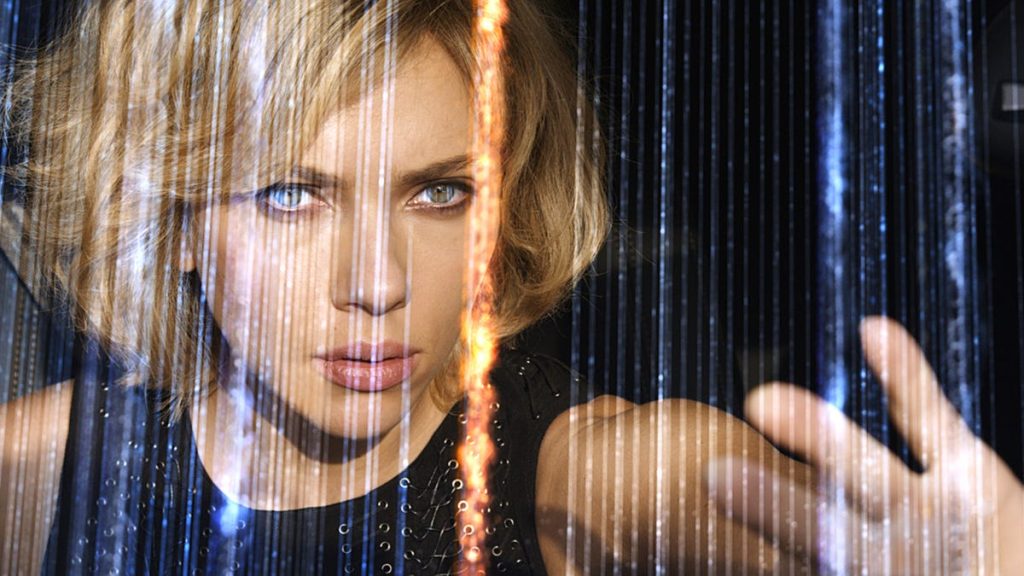Scarlett Johansson criticized OpenAI and founder Sam Altman for creating a chatbot voice that sounded similar to hers without her permission. OpenAI recently unveiled GPT-4o, its latest AI model that can converse in more human-like ways, drawing comparisons to Johansson’s character from the movie “Her.” In response to Johansson’s criticism, OpenAI suspended the use of its AI voice, called Sky, and stated that they did not intentionally copy her voice. Altman reiterated that the voice of Sky was not meant to resemble Johansson’s voice and apologized for not communicating better with her.
Google also introduced its own AI assistant shortly after OpenAI’s GPT-4o, showcasing the advancements in AI technology in the industry. Johansson accused OpenAI of intentionally copying her voice, stating that Altman had approached her to lend her voice to GPT-4o but she declined for personal reasons. Altman posted “her” in connection with the GPT-4o event, leading Johansson to hire legal counsel to seek transparency on the process of hiring the voice talent for the AI system. OpenAI had narrowed down over 400 submissions to five voices for GPT-4o, emphasizing characteristics such as trustworthiness, timelessness, and ease of listening.
The legal threat from Johansson comes at a time when OpenAI is facing copyright violations from various industries, including Hollywood and the media sector. A lawsuit was filed by eight daily newspapers against OpenAI and Microsoft, alleging copyright infringement related to the unauthorized use of their articles for training AI models. OpenAI’s response to the situation is complicated by the need to balance innovation with legal considerations, as they strive to navigate the complex landscape of AI ethics and intellectual property rights. The company’s decision to pause the use of Sky’s voice shows a willingness to address concerns raised by individuals like Scarlett Johansson.
Altman emphasized that the voice actor behind Sky was cast before any contact with Johansson, indicating that there was no intentional copying of her voice. He expressed regret over the lack of communication with Johansson and the misunderstanding that arose from the situation. OpenAI’s commitment to transparency and respecting individual voices in the development of AI models is essential in building trust with both the public and industry stakeholders. Moving forward, the company will need to reassess its approach to voice casting and ensure that all parties involved are fully informed and engaged in the process to avoid similar controversies in the future.
The incident involving Scarlett Johansson and OpenAI highlights the complexities of AI development, intellectual property rights, and ethical considerations in the tech industry. As AI technology continues to advance, it is crucial for companies like OpenAI to prioritize transparency, communication, and collaboration with all stakeholders. Addressing concerns raised by individuals like Johansson is key to fostering a culture of accountability and ethical innovation in the AI sector. OpenAI’s response to this situation will shape its reputation and relationships with the broader community, demonstrating the importance of ethical practices in the development and deployment of AI technologies.


